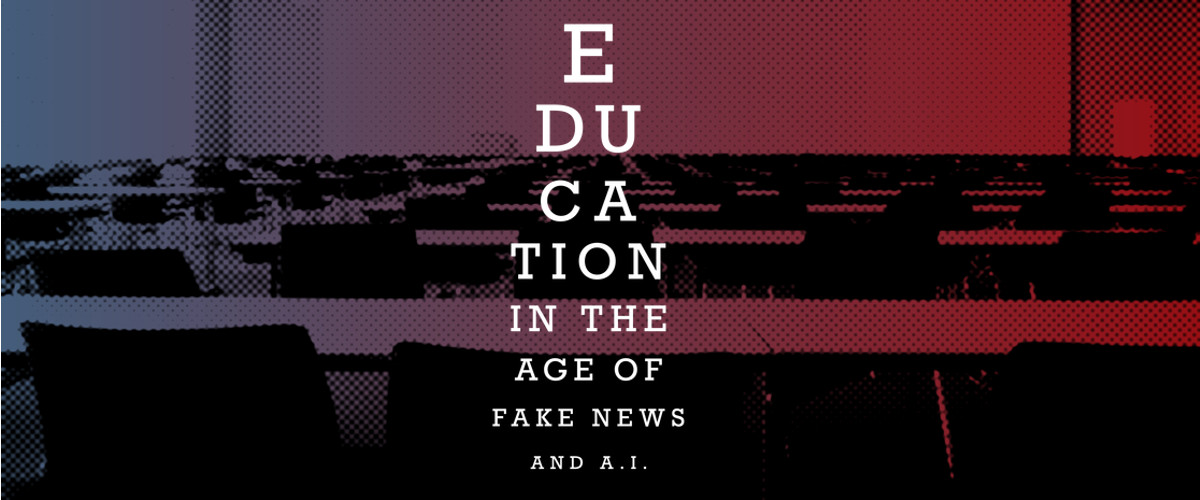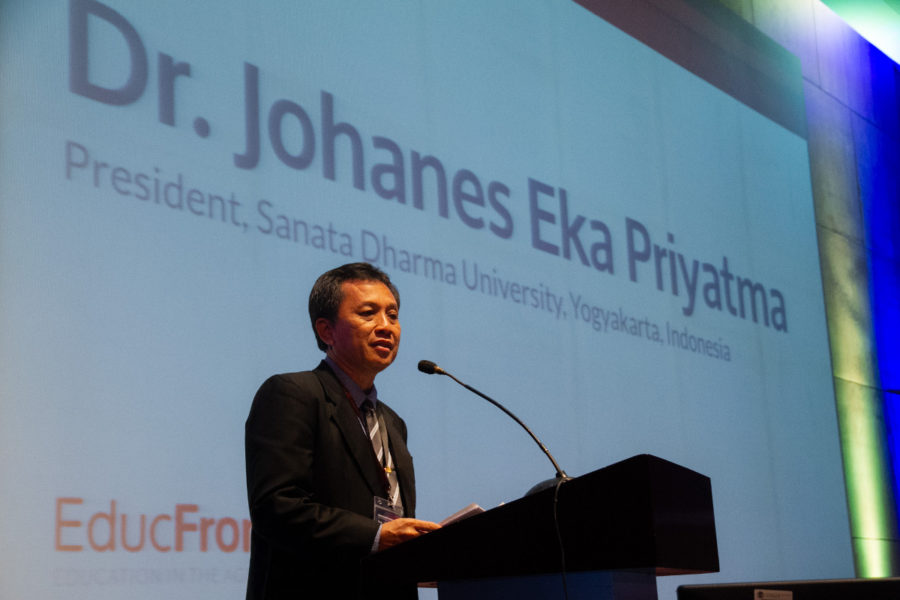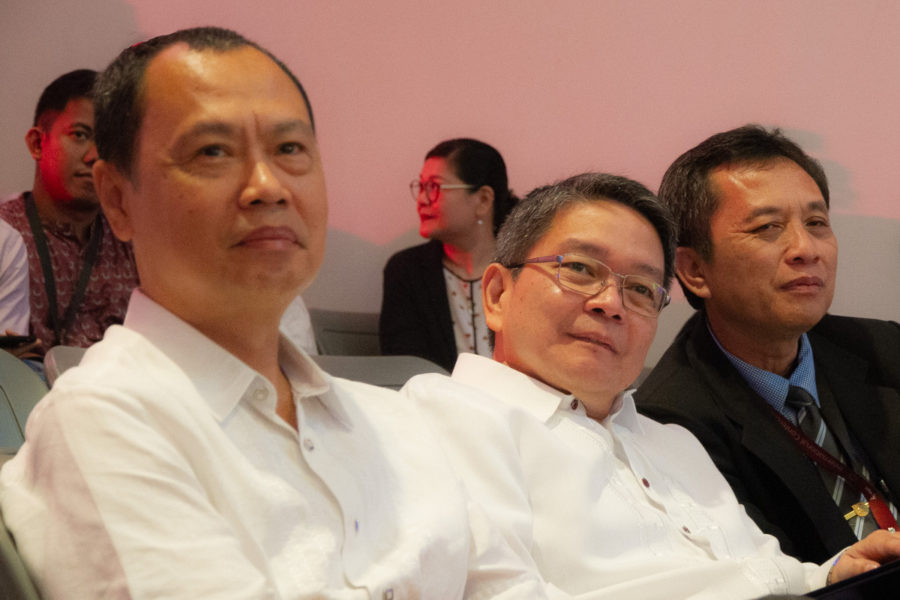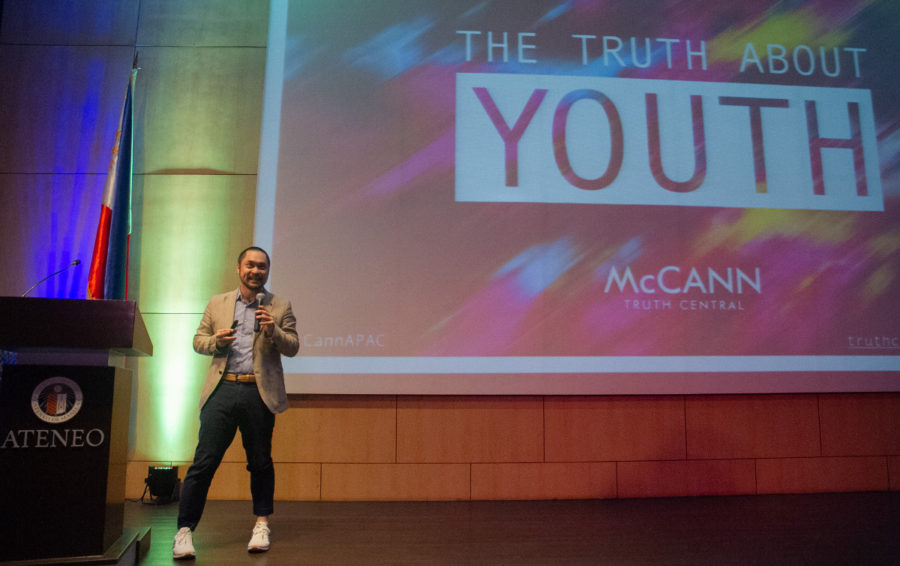 The rise of new technologies, such as Artificial Intelligence (AI) and the Internet, is changing the field of education. Advances in technologies are redefining teacher and student identities, their relationship, knowledge and values, and the “space” where the relationship takes place.
The rise of new technologies, such as Artificial Intelligence (AI) and the Internet, is changing the field of education. Advances in technologies are redefining teacher and student identities, their relationship, knowledge and values, and the “space” where the relationship takes place.
“Today’s realities suggest that millions of people of different identities, of different spaces and of different times get connected to each other using cheap smart phones. Information and knowledge are abundantly available and cheap for almost all disciplines,” shared Dr Johanes Eka Priyatma, President of the Association of Jesuit Colleges and Universities – Asia Pacific, and Chairperson of Asia Pacific Interactive – Jesuit Education Consortium (API-JEC), a new network of Jesuit schools formed to raise the standard of teacher education in the region.
API-JEC collaborated with Jesuit Conference of Asia Pacific Education Secretary Fr Johnny Go SJ to organise an international conference on education frontiers, which is being held from October 3 to 6 at the Ateneo de Manila University, Philippines.
“Talking about education issues these days is always challenging because the opportunities and threats are comparably huge,” said Dr Priyatma who is also President of Sanata Dharma University in Indonesia.
“All these [technological] advances will not merely lead us to ask ‘what’ and “how to”, but to ask ‘who’ we truly are.”

Dr Priyatma, who has a PhD in management information systems and a masters in computer science, says that the topic of new technologies is often difficult for educators. “It is not always easy for us to change our style of teaching. The youngsters seem very fast at adjusting to new technologies but we tend to be slower,” he said.
The challenges are further compounded by the growing integration of virtual and physical spaces. Many human experiences are now virtual, rather than physical, encounters.
“Such a new reality leads to a shrinking role of our physical world,” said Dr Priyatma, “but it is impossible for us to abandon our physical world, where we can find authenticity, warmth and permanency. All those are fundamental components of a holistic education”.
Ateneo de Manila President Fr Jose Ramon Villarin SJ believes that there is a relation between the massification of knowledge and the rise of a post-truth world where emotions and personal beliefs prevail over reason and logic in our decisions.
“We find it more difficult now to discern truth, to discern wisdom from the volume of data,” he said. “In other words, we know so much now, and yet we seem to know much less.”

Despite that, Fr Villarin finds these times as the best time to be in education.
“We have a challenge here to build meaningful connections in the face of threats of social disconnections, to be creative, to be adaptive in the face of accelerated change. We have an opportunity to cultivate wisdom in the face of massified knowledge.”
Although the world has changed and educational methods are bound to evolve with new technologies, the fundamental truths about being young have remained the same.
In his keynote address at the beginning of the conference, McCann Worldgroup Philippines Chief Strategy Officer Gino Borromeo said that being young is still about the same three things: finding yourself, finding your people and finding your place in the world.
What has changed is how they are being expressed, thanks to technologies that did not exist 5, 10 or 15 years ago.
“From the point of view of young people, they really cannot imagine a time when technology did not exist,” said Borromeo who shared the findings of a global research study undertaken by McCann Truth Central called “The Truth about Youth”.

He says that describing young people today as a generation of “digital natives” doesn’t quite fully capture them. Instead, he prefers to think of them as a generation of “accessibility natives”.
“Everything is accessible to them, and that access is colouring the way they’re growing up and how they’re looking at the world,” he said.
Young people are also worried about more things today than they did in the last decade. In 2000, only two things worried them – finding a job and making money. In 2013, there were 37 things they said they worried about, including terrorism, and scarcity of oil and water.
Yet this generation remains optimistic and young people today want to be remembered as someone who changed the world – whether big or small. They still believe in the goodness of people but they are finding it more difficult to figure out who they are.
“The parenting role is important, whether you’re a biological parent or a teacher,” he said. “This is one of the biggest roles [of educators]. Give them wisdom in an age that’s chaotic and confusing.”

